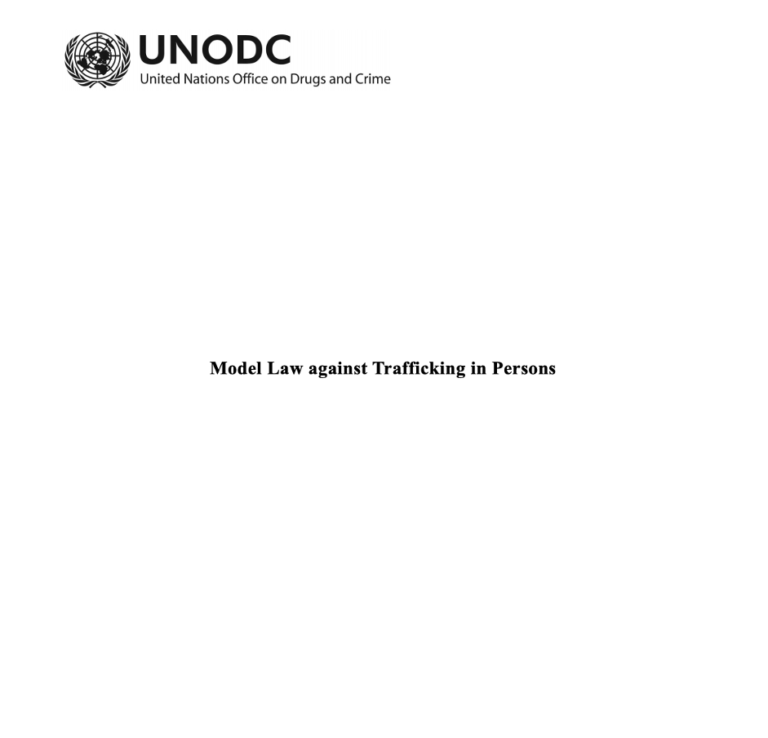Human Trafficking in America’s Schools
GuidancePublicationsThis guide provides an introduction of human trafficking for educators. The guide discusses risk factors, indicators of human trafficking, the impact on the learning environment, school protocols, and resources for school staff. ...Read More

